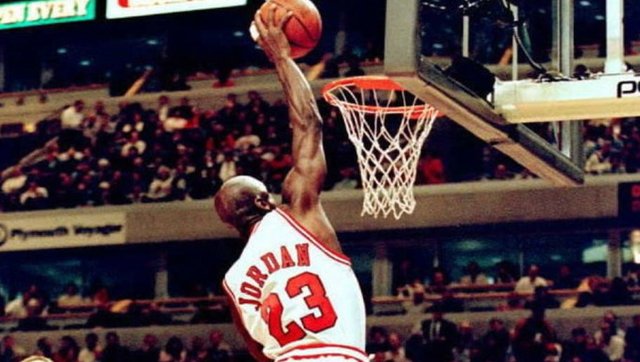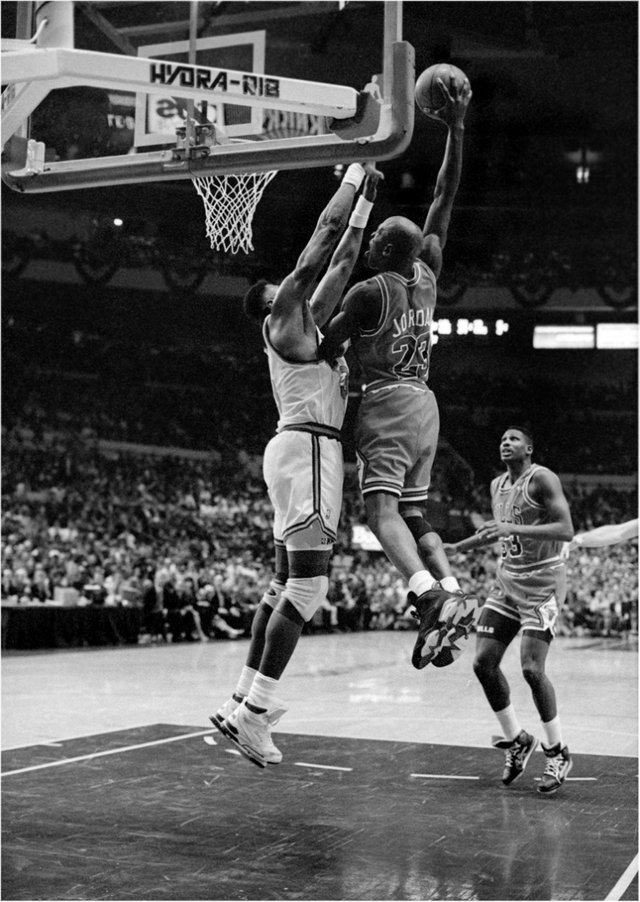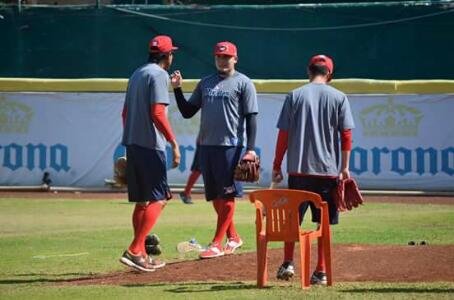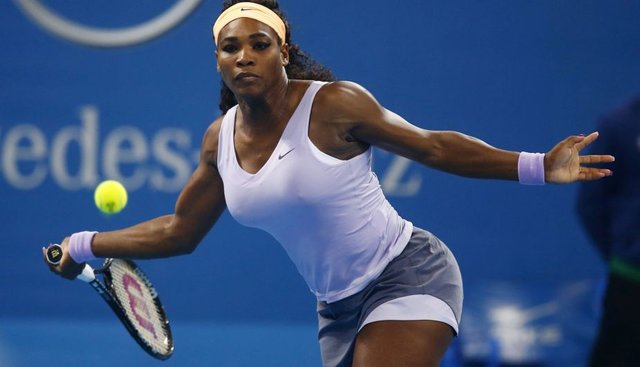What do elite athletes do after retiring?

The sport gives them fame, it gives them a comfortable life, full of luxuries, but their profession soon ends. The career of elite athletes is very short. There are those who extend their life more within the sport and there are those who retire at 30 and a few years. But at one age or another they all say goodbye.
When finishing their sporting stage they have to look for a new labor exit because although during those years they have entered indecent amounts of money, everything in this life finishes.
"All athletes have a period in which they are at their best media, depending on whether the sport is more or less media impact, but always have that moment of attention that sooner or later goes off," explains the dean of the Faculty of Sciences of Physical Activity and Sport and Physiotherapy of the European University of Madrid, Francisco López Varas.
The moment in which an athlete retires, as the Spanish Olympic Committee explains, "it is a duel" that "has to do with the irremediable, with which it does not return, with no turning back".
The reasons that lead an athlete to retire are several. Some want to do it already, but others, either "because of their age, because of injuries, because of decreased performance, etc." do so because there is no other way out.

For some, "it is a moment of real crisis and desolation, of feeling empty, dazed, sad, aggressive, bitter or depressed." It is therefore not unusual to see some great football, tennis, basketball or other sports star crying when he announces that he is ending his sports career.
When a sportsman retires he has a feeling of grief
Many of them enter "a crisis process at the time of retirement and will tend to experience a variety of difficulties adapting to the process."
This situation is not easy for them. "The stronger the individual's sporting identity, the more prominent or recognized it is, and even the greater the quality of the leader, in the case of team athletes, it is possible to find greater difficulties in the retirement process."
The COE explains that "one of the immediate consequences of the withdrawal is the fact of having greater amounts of time and not having a support structure in the daily organization. Change the routine, change the diet, change the bodily sensations. There is more time for everything and less organization, in a certain aspect, it is all new, but this, which can be seen externally as something positive, can be a component that negatively influences other aspects of the life of a retired athlete. Even the fact of being more in contact with the family and social environment can influence in different ways, depending on how the person goes through this moment ".
These people experience "depressive-type reactions, more manic reactions may also arise: subjects who impulsively embark on a project that crosses them, or that immediately begin the practice of another sport or that substantially increase their social life, in an exaggerated way. All reactions with which you try to stun, often unconsciously, to alleviate the situation that is not supported and to mitigate the lack of challenges involved in competitive activity.
They do not teach you how to prepare for that moment that will come sooner or later. "Adaptation to the new life will be better when there is family and social support, with occupational alternatives and with good planning prior to retirement." That is why it is not enough to create only "good athletes", but also "people with healthy psychological and intellectual resources suitable for life after a sports career".
The most difficult cases occur in people who "abandon everything for their sport, from studies to social life". And it is that, although sometimes it hurts us, we must pay attention to the famous phrase that all mothers have told us at some time in life: study and build a future.

Studying, working on your studies, in companies or continuing to be linked to sports are alternatives
According to the COE explains "the fact of having studies that allow a reinsertion into the workplace or the possibility of retaking them, allows a future projection, within the same sports field or outside it."
Lopez Varas also emphasizes this issue. "The race later depends a lot on how much income you have had. If they are professional athletes who have reached the elite and who are also in a sport that has allowed them to generate so much income that they could have made investments, prepare that future. Although it also depends on the preparation they have had. If they have learned languages, if they have had a dual career and have done some type of higher education or technical training "
- A moment of transition
His sports career ends very soon. Increasingly they help them to become aware that they can not live their entire lives as athletes and support them to seek a new way of life.
"We, from the most academic level, have students who are in the elite of the sport," says López Varas and adds that, however, "it is difficult" to do. Here, the dean of the European University of Madrid makes a double distinction. "In minority sports, athletes know that they have to be trained. In sports such as football, this is not always the case. A 17-year-old footballer may be earning millions of euros and either the family, the team and the technicians are clear about it or more difficult to educate in the future. It is true that at that moment your top priority is to perform at the highest level to try to play in the best possible team and not to injure yourself. We work with all possible athletes and we have had everything in the university, from footballers to swimmers, athletes ... where you really have to educate is in the circle that surrounds the athlete. "
- What is more important, sports or emotional health?
However, in recent years you are seeing "a clear conscience to help the athlete, his environment, in the after". And is that studying and practicing a sport at a professional level "is completely compatible", in addition to "adequate", highlights Varas. On this, he insists on the importance of the athlete knowing how to "manage, advise and surround himself with people who can advise him where to invest".
- Study and live the sport
Although there are countless cases, many of the great athletes have carved out a future before becoming a star, during or after leaving their sporting career.
University studies, continue related to sports or dedicate to other issues are some of the outputs they took. However, many of them have opted for higher education.
The university career allowed them, at times, to continue linked to the sport. This is the case of Pirri, the former Real Madrid player, who thanks to finishing his medical studies became the doctor of the white team.
But it's not the only case. The Olympic champion and winner of seven Grand Slams, Venus Williams, did not leave out her studies. The American tennis player took the necessary time between tournament and tournament to obtain the title of fashion design by the Art Institute of Fort Lauderdale, Florida. She currently has her own clothing line: Eleven by Venus, with original and comfortable designs of casual and sportswear.

Thank you very much for your attention, very soon I will come with more interesting posts.
Follow me and I follow you back, a cordial greeting to all the readers. Kisses!